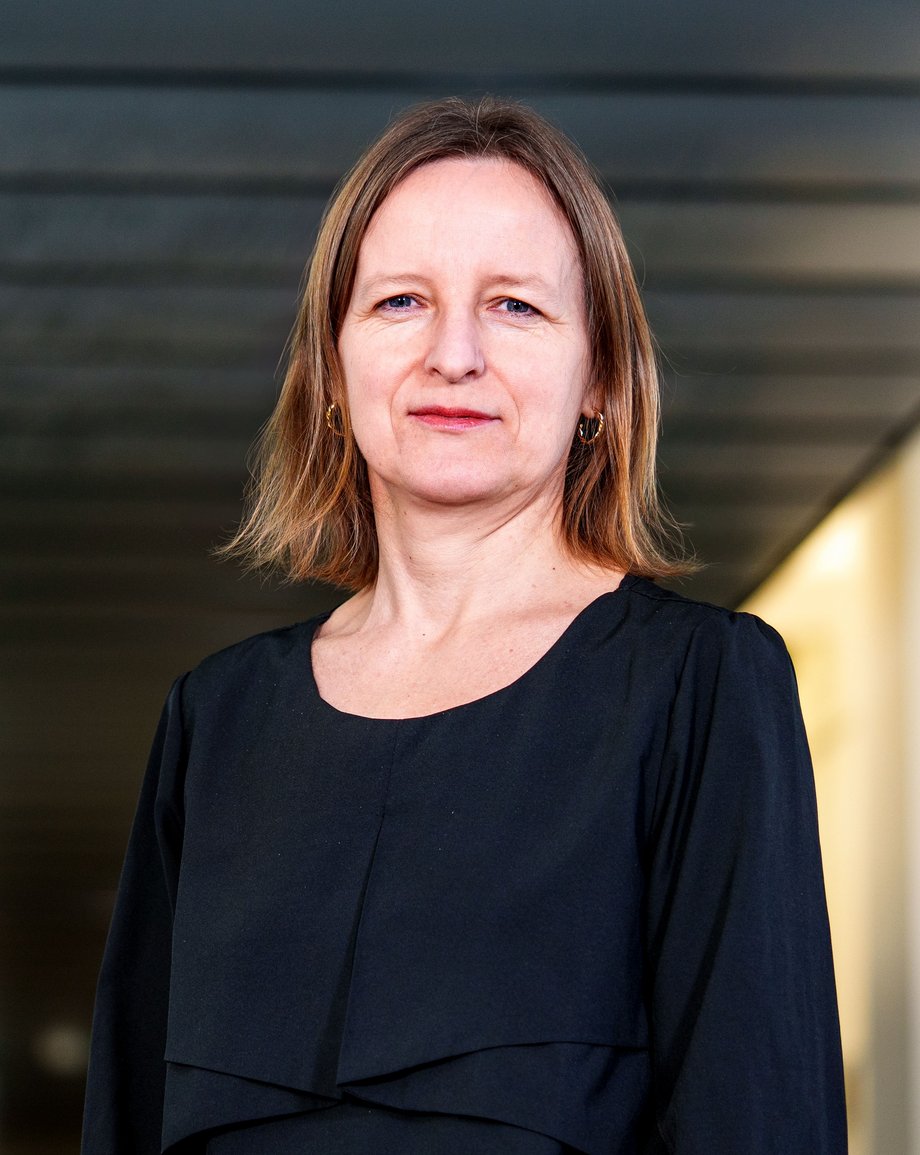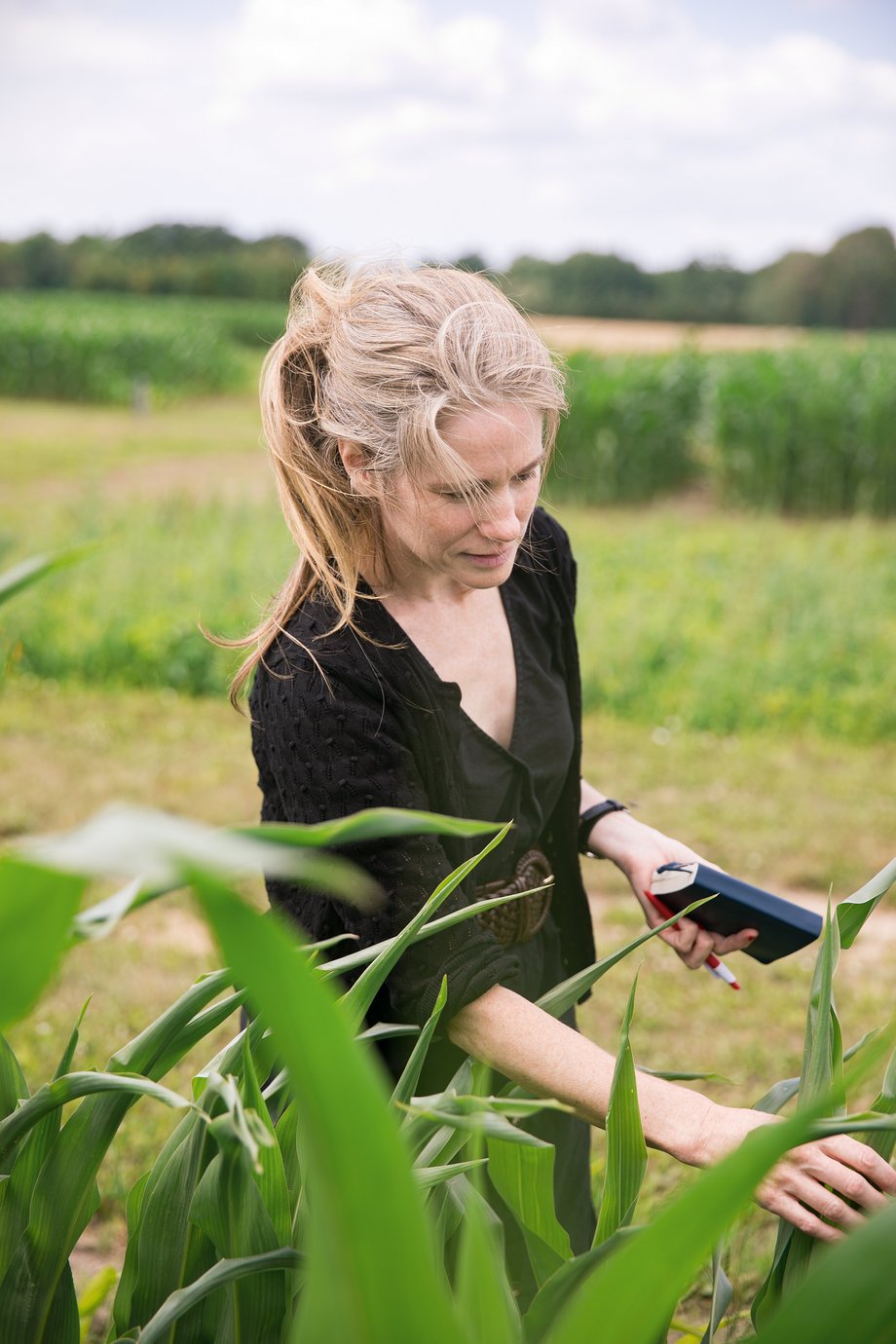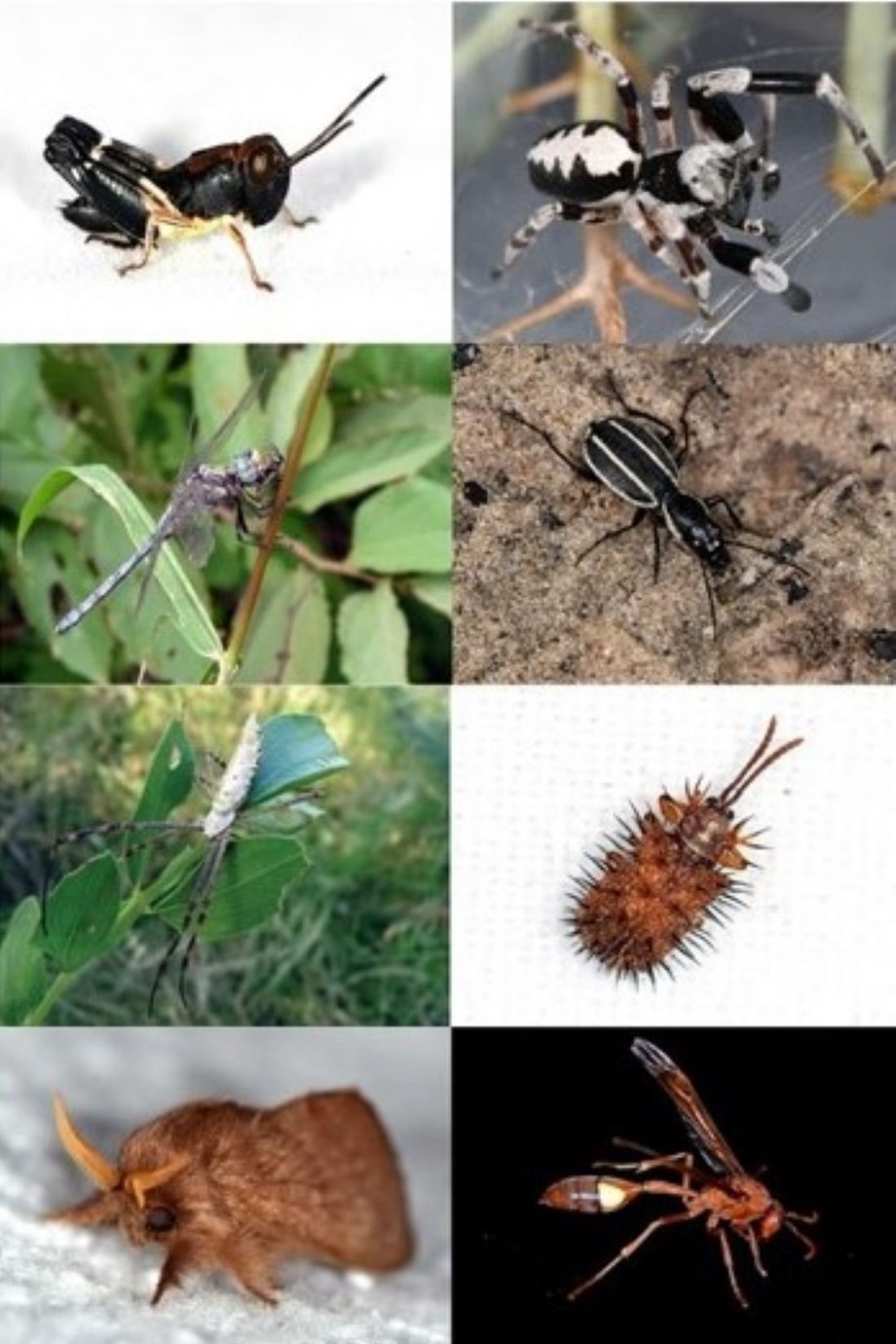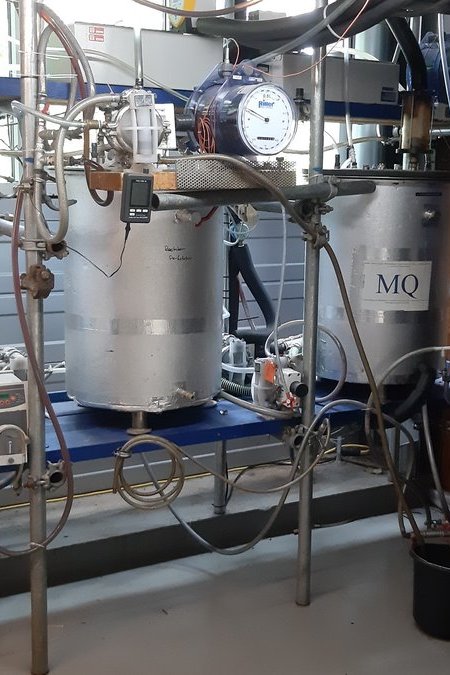Chairs
The "Environmental and Resource Management" doctoral study programme includes chairs from the fields of Environmental Science and Technology, Biotechnology as well as Materials Chemistry.
Assign your Research Proposal to one of the listed chairs when submitting your application:
The interactions between the soil matrix, soil organisms and plants are highly dynamic and are controlled by limiting nutrients (especially nitrogen and phosphorus), soil physical and chemical properties and the microclimate. In particular, soil organic matter is crucial for supporting life and growth in ecosystems at different stages of development, as it provides nutrients in organic form to important microbiological actors and plant roots, e.g. as a carbon sink or phosphorus reservoir. The research on the Chair of Soil-Plant-Systems takes into account the global triple crisis - climate change, biodiversity loss and pollution - and is aligned with the global Sustainable Development Goals (SDG).
Thematic Focus:
- Nutrient availability on reclaimed land and in water catchments following the closure of open-cast mines
- Nutrient availability in forests during regeneration after forest fires
- Biological soil crusts on marginal sites and the impact of climate change
- Microclimate, nutrient cycling and biodiversity in agroforestry systems
- Soil development in natural pioneer ecosystems under extreme climatic conditions
- Stable isotope research to understand C, N and P dynamics in ecosystems and their limits
Integrated food security, environmental or climate change impact assessments of cropping systems require simultaneous consideration of physiological, biophysical and socio-economic determinants of crop productivity, land use and ecosystem services. The core aim of is to develop approaches, methods and models to improve the utility of biophysical cropping system analysis in integrated assessments, across a range of scales, to support the development of sustainable and resilient cropping systems. Two particular focus areas are improving integrated climate risk assessments for cropping systems and representation of crop temperature in climate change impact studies.
The research is carried out in cooperation with the Leibniz Centre for Agricultural Landscape Research (ZALF) e.V. Müncheberg.
Thematic Focus
- Climate risk and impact assessment of cropping systems
- Modelling crop stress responses
- Soil and water conservation in cropping systems
The research at the Chair of Ecology focuses on the effects of anthropogenic uses (e.g. land use and climate change) and natural disturbances (e.g. forest fires) on biodiversity, biotic interactions and ecosystem processes in natural, forest and agricultural ecosystems. Important topics include the provision of ecosystem services, predator-prey interactions, litter decomposition by soil fauna and biodiversity conservation with a focus on terrestrial invertebrates.
Thematic Focus
- Animal ecology - Biodiversity loss and ecosystem services, predator-prey relationships, community ecology
- Conservation ecology - Species conservation and functional diversity
- Spatial ecology - Distribution patterns and landscape ecology
- Agricultural ecology - Biological pest control
- Forest ecology - Wildfire research and carrion ecology
- Soil ecology - Litter decomposers and soil ecosystem engineers
- Post-mining landscapes - Development of new ecosystems
The research at the Chair of Circular Economy focuses on biological, thermal and mechanical processes for the treatment of residual materials. In addition to the use of biogenic residues, anaerobic fermentation processes can provide heat, electrical energy and fertilisers. In the future, technologies linked to biogas plants could also produce other valuable materials such as hydrogen or fine chemicals. Targeted manipulation of the "microbiome" represents a particular challenge in the search for approaches to generate new recyclables from residues, increase process-biological efficiency and develop sustainable and closed value chains.
Thematic Focus
- Biological waste treatment
- Power2Gas
- Microbiomes in the circular economy
- Microbial recovery of recyclable materials




